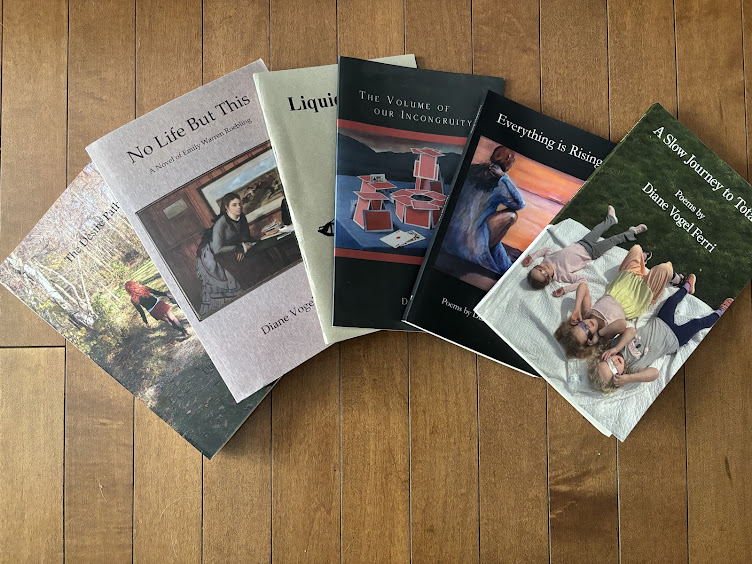
A new edition of Mark Twain's "The Adventures of Huckleberry Finn" is being released next month. In it, all 219 references to Jim as the N-word will be changed to "runaway slave." Political correctness is the goal, of course. I believe the underlying goal is also comfort. We are tired of being reminded of our country's failings. But we should not be tired of truth.
I understand this word is incendiary and offensive in present day, but it was written in the context of the 1840's, not the 2000's. A book is a work of art, a creation of the writer. Every artist chooses what to write, which words to use carefully, just as a painter chooses what to paint, often without regard to what others will think.
It is well known that rap singers are free to sing whatever lyrics they want in this day and age,(certainly including this word) whether offensive or vulgar to some. Comedians also.
To change the words of a classic book is to change history and change someone's quotes, and I do not believe anyone has the right to do that. You have the right not to read the book or look at the painting, or listen to the CD - but not change it.
And why is it assumed that we (or high school students assigned to read the book) are unable to place these stories and words in their historical context? That in itself should be a valuable lesson in high school classes. The Bible would be another example of many stories in the Old Testament being written in a different time of values and living.
If this is acceptable now, imagine how many things might be changed in the future. What words or phrases are we now using that someday might be offensive? Should we go back and change the lyrics of classic songs written by Oscar Hammerstein or Ira Gershwin because the term "gay" had a different connotation in the early twentieth century? How many other author's works could be changed? Where is the line in altering history and art?

6 comments:
Rewriting history is always a very, very dangerous process. It allows us, far to easily, to forget the horrors and mistakes of the past — and thus to repeat them.
Who is the publisher/editor and how can we contact them?
Maybe we should re-write the Gettysburg address? All that "Four score and seven years ago" stuff is SO confusing.
The publisher is New South Books. The "Twain scholar" who edited it is Alan Gribben of Auburn University - changing 219 references.
An interesting & informative post Diane. I am forwarding excerpts of this post to my Year 11 English teacher as it pertains to some of our studies last year.
I'm a VERY old student attempting to make a comeback :-)
Ms Soup
Exactly, Diane. Exactly. No one should be allowed to alter another's art, or to alter the facts of history.
I've taught my children that there are no bad words. It's the intention that matters. I hope that this belief will help keep them speaking and writing authentically.
I do notice that even you, in the context of criticizing this censorship, self-censor, and say "N-word" instead of "nigger."
Have we swung so far to the sensitive that to even utter the word in the context of its historical use or to deplore its use as an epithet is unthinkable? Should only black academics actually be able to use the word when discussing its historical use?
Post a Comment